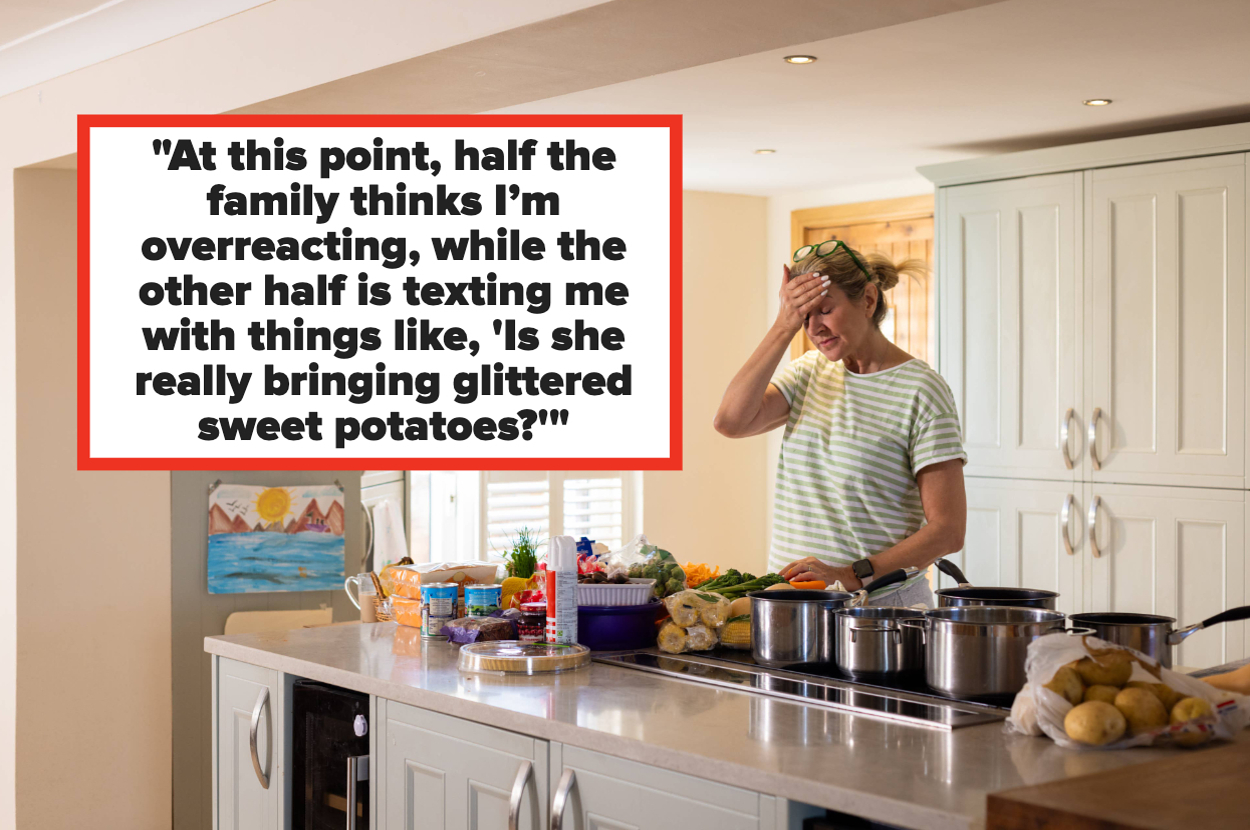If your meals are punctuated by lingering heaviness and a bloated sensation in your abdomen, take heart in the fact that you’re not alone. According to a 2021 survey, nearly 56 per cent of Indians suffer from digestive health problems, including bloating after meals. And while it’s easy to pass off this bloating as a ‘food baby’, the accompanying discomfort is often not as easy to ignore.
ADVERTISEMENT The main suspects “Bloating is multifactorial, with no single cause but a range of contributing factors. Fluid retention, often linked to poor gut health, is a key element. Occasional bloating after eating out or consuming the wrong foods is common, but frequent or persistent bloating signals the need to address your gut health,” notes Luke Coutinho, an integrative lifestyle expert.
He and Riya Desai, a senior dietician at Wockhardt Hospitals in Mira Road list out the following primary causes: >> Eating too much or too quickly: The post-meal bloat in particular may result from overeating or insufficient chewing, causing gas to build up in the body as these foods are processed. Further, eating extremely large meals can slow down digestion, which contributes to bloating. Eating too quickly or swallowing air while consuming food can trap excess air in the digestive system, exacerbating bloating.
>> Gassy concerns: Flatulence-inducing foods such as beans, carbonated drinks, or poorly cooked cruciferous vegetables can cause bloating, especially in individuals with compro.


















